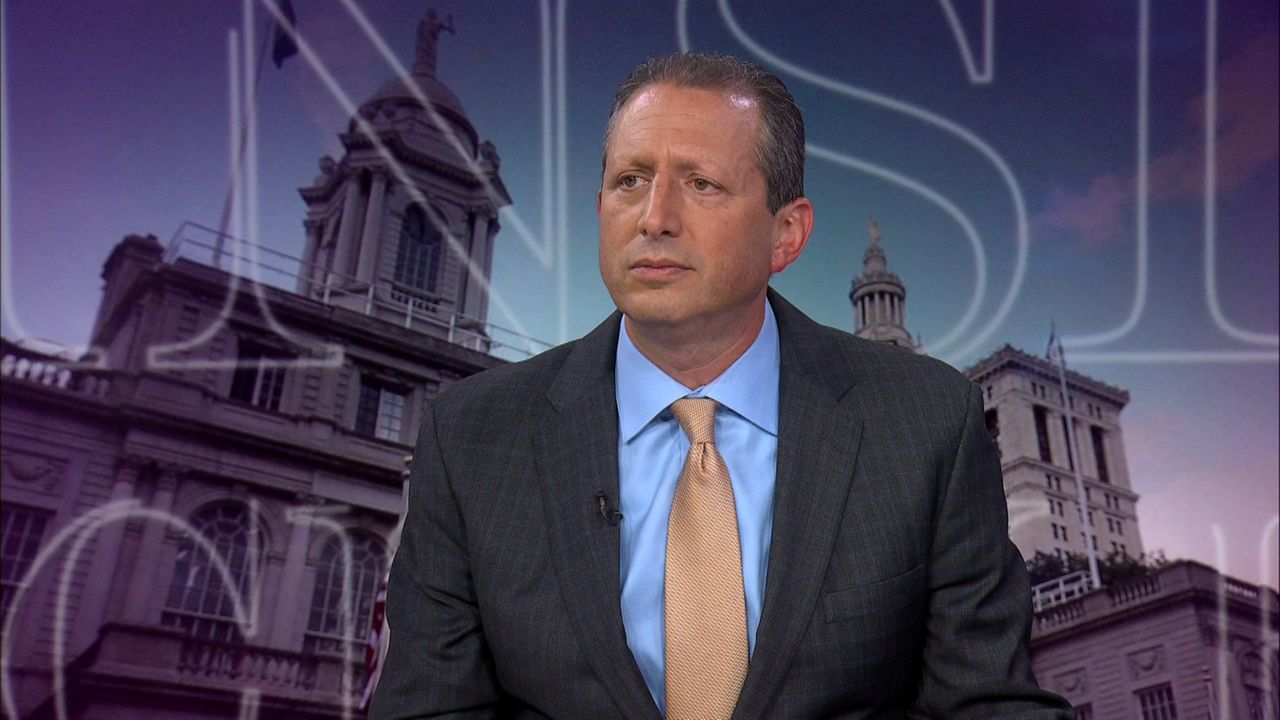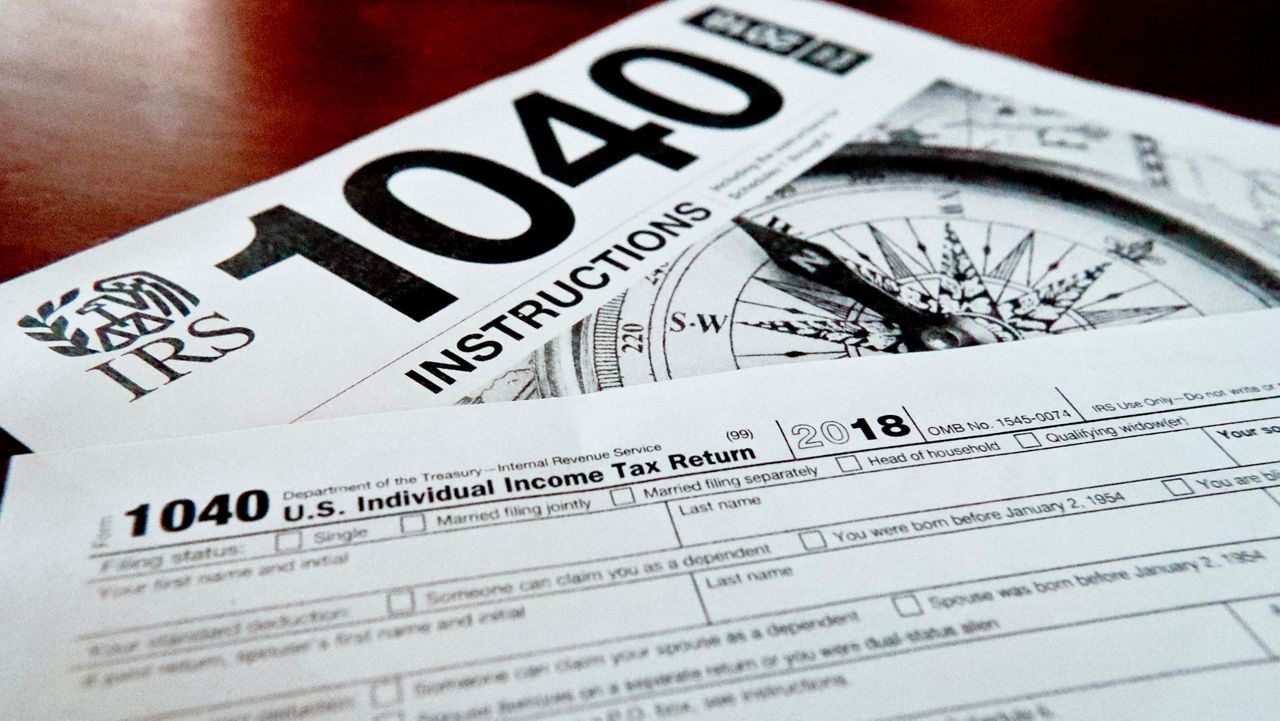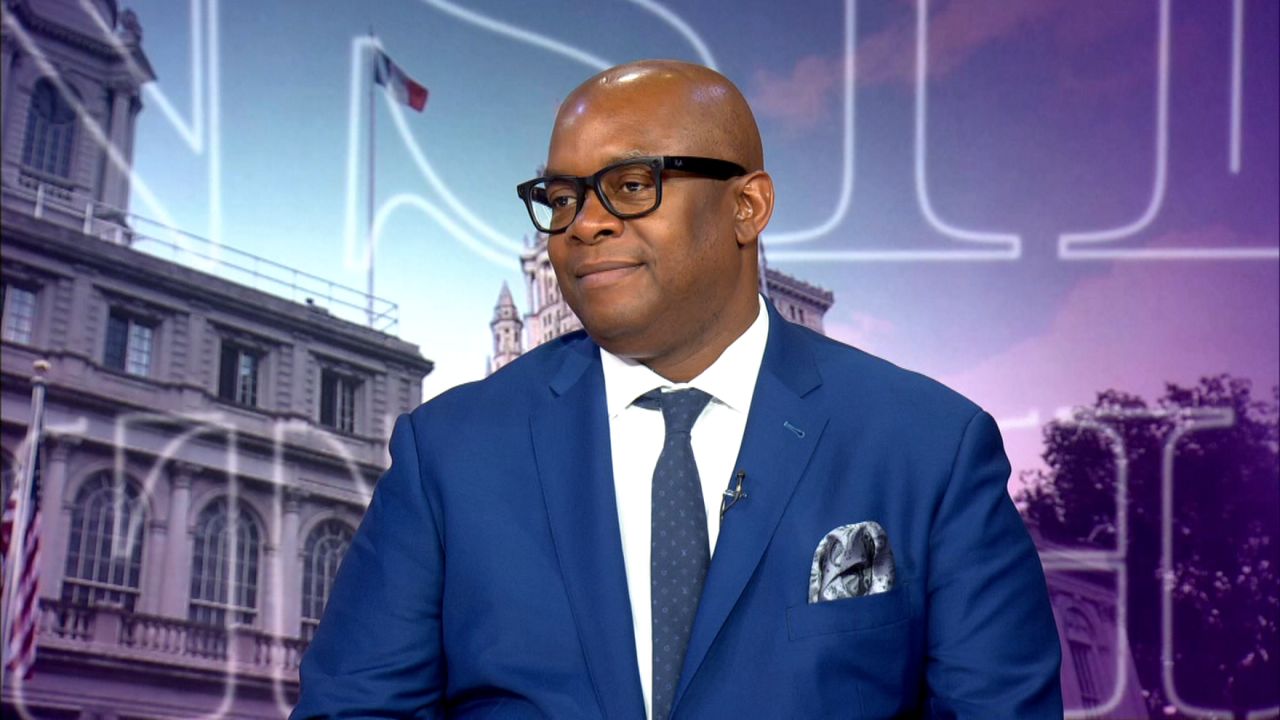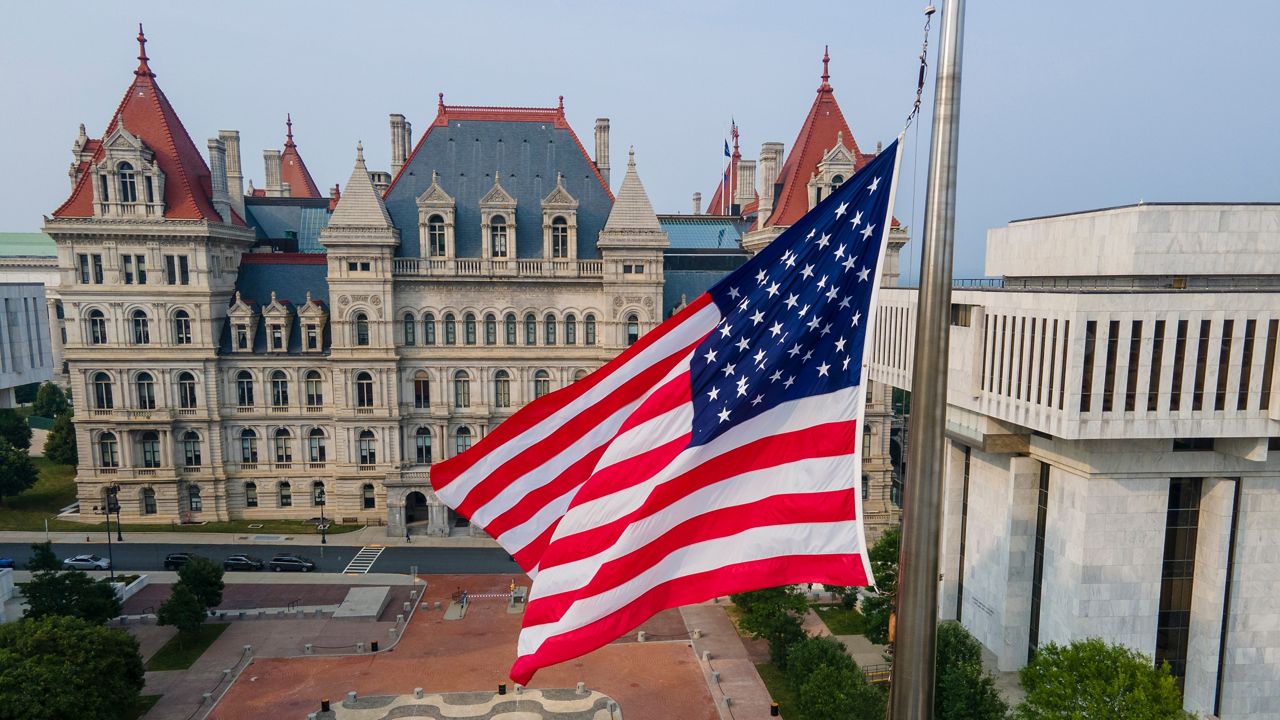A new report from City Comptroller and Urban Ocean Lab discusses the lessons learned during the Hurricane Sandy recovery efforts, and reveals suggestions for how the government can provide support to the resiliency work led by the community.
The report, Social Cohesion as a Climate Strategy, highlighted over a dozen of local groups that created disaster emergency responses and resiliency projects in the aftermath of the storm, a press release said.
“Strengthening that community resilience is essential for New York City in the era of the climate crisis. City government has a critical role to play in mitigating climate catastrophes with capital projects, but physical infrastructure alone won’t keep us safe,” Comptroller Brad Lander said in the release. “We must also ensure that communities have the resources and tools they need to care for each other and their neighborhoods, whatever storms come our way.”
According to the report, Sandy generated $15 billion in federal funding for recovery to repair damaged infrastructures and help increase coastal protections. But according to Lander, nearly 30% of the federal dollars are still not spent a decade after the storm, which he called a “slow pace.” He said the East Side Coastal Resiliency project is only about 13% complete, and that some shoreline projects have completion dates until 2030.
“We do need to move smarter and faster on physical infrastructure,” he said at the press conference. “But what this set of people and this report shows is that physical infrastructure alone will not keep us safe. We need to make big investments in our social infrastructure as well.”
Of the five, Lander highlighted the need for government engagement during a press conference. The others include creating funding for community organizations for resiliency solutions, and working with community organizations to establish emergency contacts for preparation and response to disasters, create training programs for preparation and resiliency, and establish “Community Service Hubs.”
“Ten years have passed and as an environmental and climate justice organizer this report gives us all reason to strategically engage and create social infrastructure and build community power to address our collective needs across the city of New York,” Karen Blondel, president of the Red Hook West Resident Association, said in the release.








